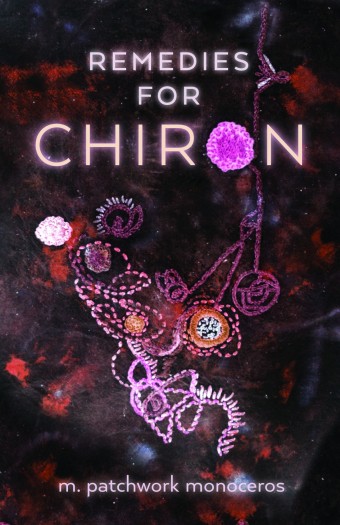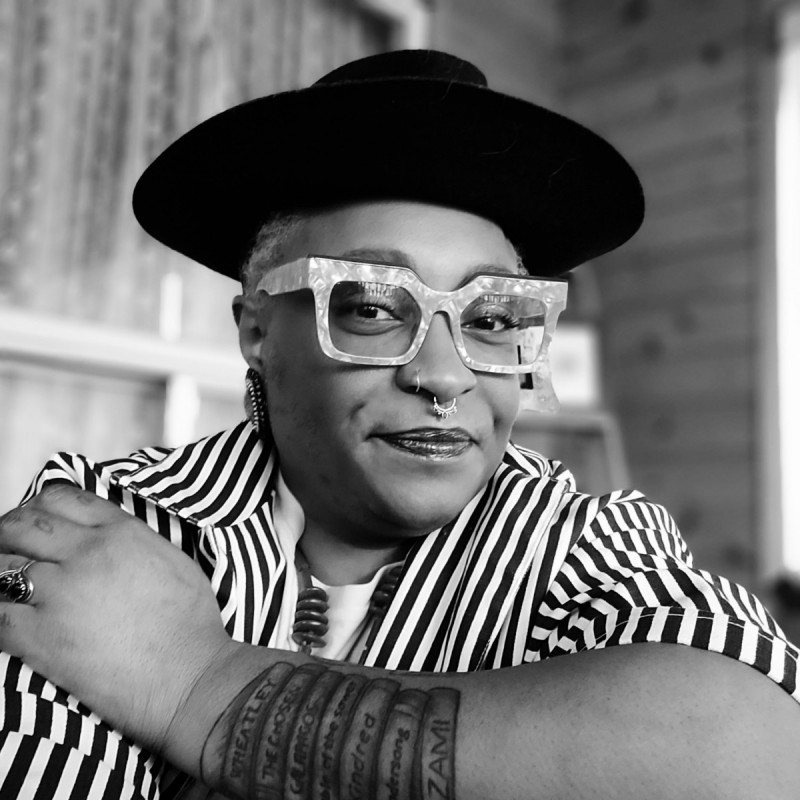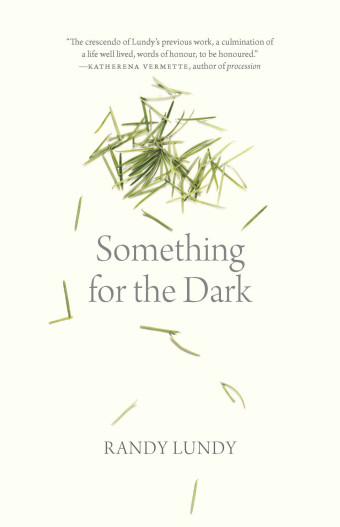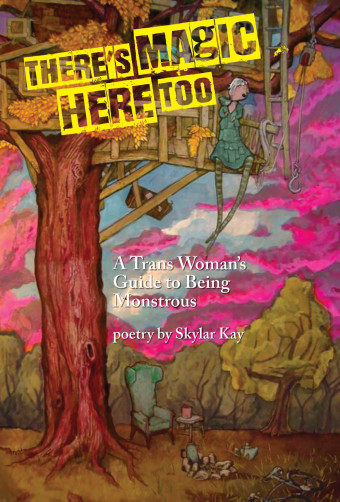Remedies for Chiron is a warm and powerful debut collection of poetry by m. patchwork monoceros, a Black, agender, and queer poet who is “Jamaican by blood, Canadian by birthplace,” and who lives in Treaty 1 Territory, in Winnipeg.

- Remedies For Chiron
- m. patchwork monoceros
- Radiant Press
- $20.00 Paperback, 92 pages
- ISBN: 978-19-89274-88-0
According to monoceros, the collection began in January 2018 in Dawson City, Yukon, the home of the Tr’ondëk Hwëch’in First Nation, where they were a visiting artist. The grief of losing a grandmother and a blockage around a film project led monoceros to revisiting poems from their archive, and reconnecting with “past selves.”
“The remedies – the short pieces that open each chapter – grew out of reconnecting with past poems and reflecting on the wisdom I didn’t know I was harbouring at the time.”
Those past selves included someone who experienced intense grief at a young age (they lost their mother very young), and monoceros notes that “no one really teaches us what or how to grieve as children.” They began to write poetry to remedy their “bewildering grief” and so understood remedies not so much as cures, but as repetitions, rituals, returns to the grief – and the healing – that would never end.
“For me,” says monoceros, “there is no end to the grief I live with; and though a painful and despondent cycle to accept as part of my life, the love that precipitated that grief and the connection to the mutable form of my mother’s memory are not conditions I want to be cured of.”
Through this reframing, monoceros found that poetry was a welcome tool to gently dull the sharp edges of grief from time to time. To them, poetry is a craft of heart medicine.
Remedies for Chiron begins with an epigraph by astrologer Charm Torres that explains how Chiron, classified in mythology and astrology as The Wounded Healer, suggests that the key to our deepest strength is within our deepest wounds. The epigraph says, in part, “Chiron shows us that our individual wounds can find refuge and rest through the salves of collective healing.”

monoceros expresses what they have learned about wounding and healing from the qrip (queer+crip) kin within Disability Justice communities. Part of healing is understanding that a person isn’t less valuable, loveable, or worthy because their body exists outside of the accepted norms of ability or health. To live and to heal, monoceros turns to self-love and self-acceptance, and this book is a testament to that devotion.
“We may not find healing in the places, people, institutions, faiths, practices that are most socially accepted,” monoceros says. “And we may not find it where we used to, but that doesn’t mean it is not available or deserved.”
Transformation, along with grief, wounding, and healing, is a powerful theme in the book, and the poet’s practice itself has transformed. Poetry began as a way for young monoceros to respond to emotional triggers; it has now become a source of inquiry and inspiration.
“That this book exists means the cosmos to me,” says monoceros. “This feels like an accomplishment for both my mother’s memory and my many selves that have spent 35+ years seeking and healing and rebuilding my heart’s foundations after that life-altering loss.”













